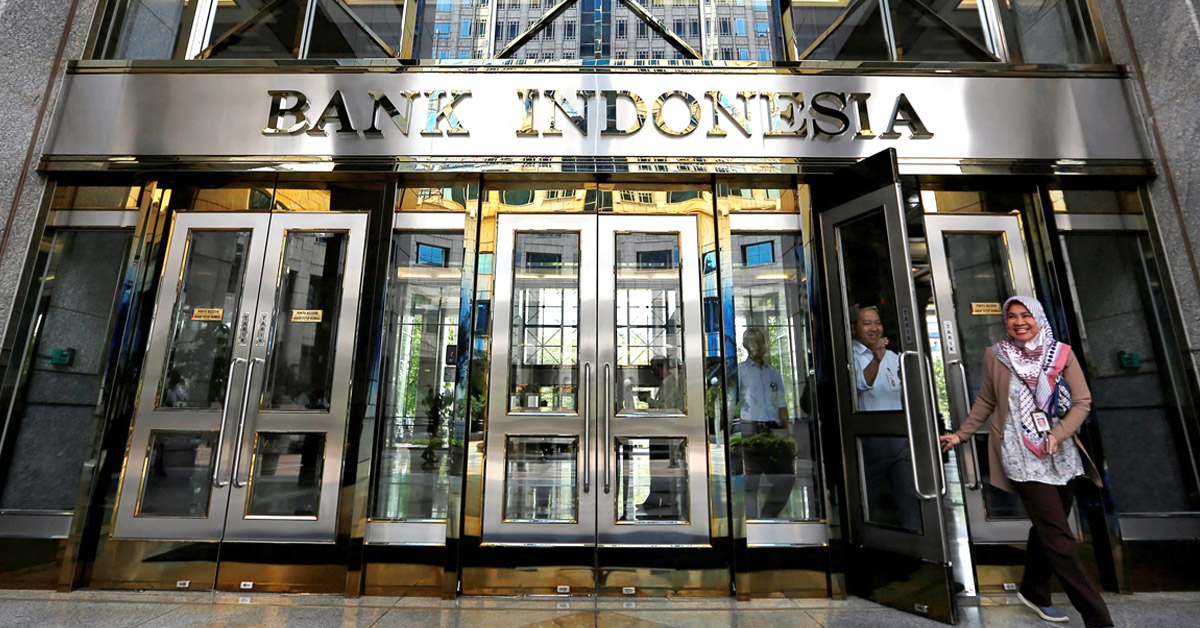 By Frederick Simanjuntak and Lebdo Dwi Paripurno, Makarim & Taira S.
By Frederick Simanjuntak and Lebdo Dwi Paripurno, Makarim & Taira S.
As another effort to support and maintain the stability of the exchange rate of Rupiah, Bank Indonesia allowed and governed domestic non-deliverable forward (“DNDF”) transactions since 2018. From the customers’ perspective, A DNDF can be an additional instrument for an investor or business actor to hedge their exchange rate risk. Given this, the Government of Indonesia aims to enhance investors, exporters or importers’ confidence in performing their business and investments in Indonesia as they have another instrument to mitigate the risk of the Rupiah exchange rate.
The main difference between a DNDF and a normal forward transaction is that in a DNDF there is no exchange of a notional or principal amount in the transaction. In practice, the profit or loss is calculated on the notional amount of the agreement taking the difference between the agreed-upon rate and the spot rate at the time of settlement.
To govern DNDF transactions, in 2018, Bank Indonesia issued Bank Indonesia Regulation No. 20/10/PBI/2018 on DNDF transactions, which has been amended twice, firstly in 2019 and secondly in 2020 (“DNDF Regulation”). The DNDF Regulation provides a more certain legal basis for banks and business actors when entering into a DNDF transaction.
Under the DNDF Regulation, a DNDF is a standard foreign exchange derivative transaction against Rupiah (plain vanilla) in the form of a forward transaction with a fixing mechanism conducted in the domestic market. A fixing mechanism here means that the transaction will be settled by calculating the difference between the forward transaction rate and the reference rate on a certain date specified in the contract (fixing date). A DNDF transaction between a bank and a customer, and a bank and a foreign party requires one of the following underlying transactions:
- a domestic or offshore trading of goods and services;
- an investment in the form of a direct investment, loan, capital or other domestic and offshore investment;
- the granting of a bank loan or finance in a foreign currency for trading and investment activities, specifically for a transaction between a bank and a customer; or
- the ownership of a Rupiah account by a foreign party.
The underlying transaction must be final, which means that there should be no change to the value of the underlying transaction during the DNDF. As a result, if an investor enters into a DNDF transaction to hedge its paid-up capital in a company, as long as the DNDF transaction is in force, there should be no change to the amount of the paid-up capital being hedged. In practice, under a binding contract the bank usually requires the investor to procure that the company the paid-in capital of which is being hedged does not to make any change to its paid-in capital or shareholders composition during the DNDF transaction. However, the DNDF Regulation does not specifically address the impact of a DNDF transaction if the company, the paid-in capital of which is being hedged through a DNDF, has a budget deficit. It seems that Bank Indonesia allows the market to interpret this on its own.
A DNDF transaction must be settled through a fixing mechanism using the JISDOR benchmark rate, for the US Dollar against Rupiah on the date determined in the contract. Meanwhile, the settlement of a DNDF transaction using other foreign currency should refer to middle exchange rate of Bank Indonesia. The settlement of DNDF transaction must be in Rupiah. However, the bank may not transfer Rupiah offshore. The Rupiah denominated funds resulting from the settlement of a DNDF transaction may be transferred offshore in a foreign currency after a spot transaction or forward transaction is entered into.
The DNDF Regulation prohibits a DNDF transaction from being rolled over or terminated early. However, the DNDF Regulation allows the unwind of a DNDF transaction provided that the bank considers the track record of the customer. It may require a certain arrangement if the parties wish the DNDF transaction to continue after its settlement.
Although under the 2020 amendment to the DNDF Regulation, Bank Indonesia has expanded the underlying transactions for DNDF transactions in the form of Rupiah accounts held by foreign parties, including savings accounts, demand deposits and term deposits, for investment purposes to accommodate investment returns and other purposes, certain aspects or practical issues are not specifically covered in the regulations. It remains to be seen whether our government will address these issues in a regulation in the near future. Nevertheless, these DNDF transactions have been part of the government’s effort to strengthen the country’s financial system stability, in particular, during the COVID-19 pandemic. It is hoped that DNDF transactions in the market will provide confidence to business actors regarding owning assets in Rupiah.

W: www.makarim.com
E: info@makarim.com
E: Frederick.Simanjuntak@makarim.com
E: Lebdo.Paripurno@makarim.com


